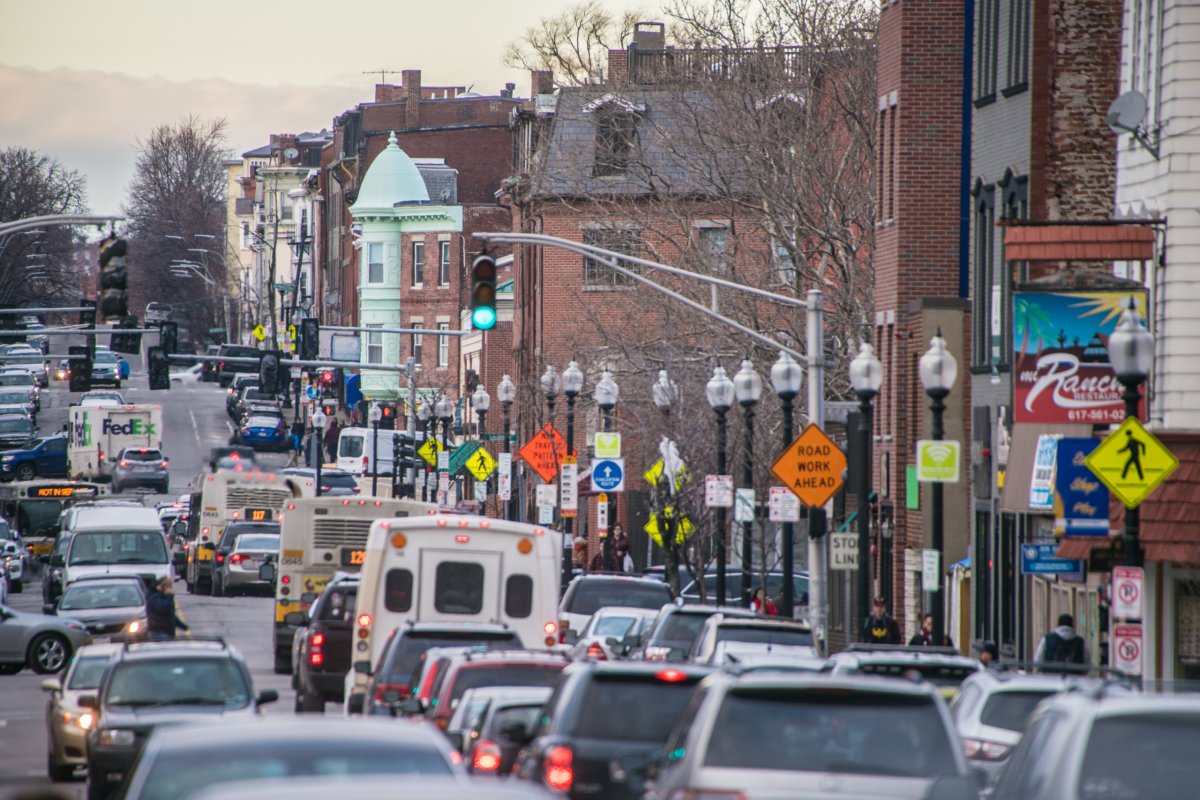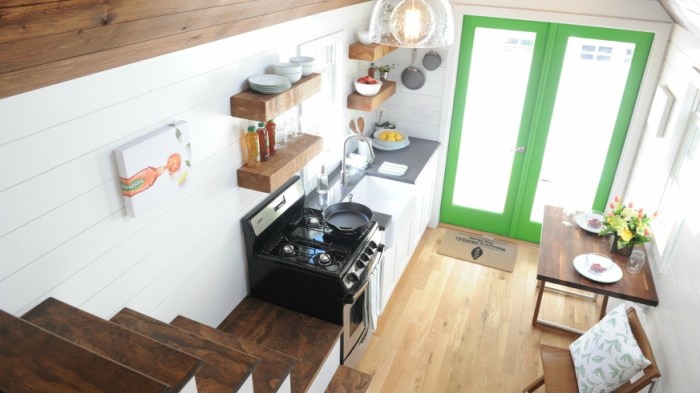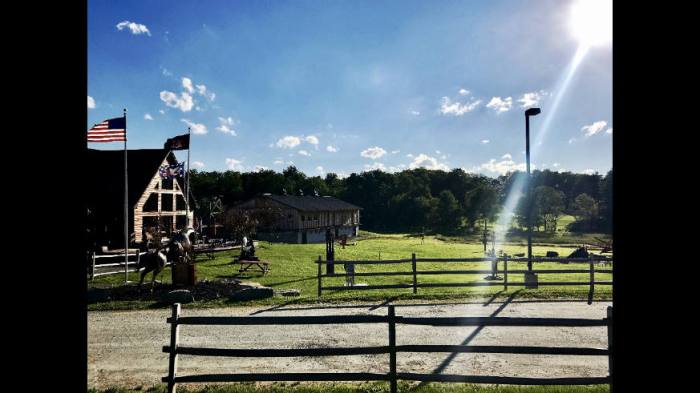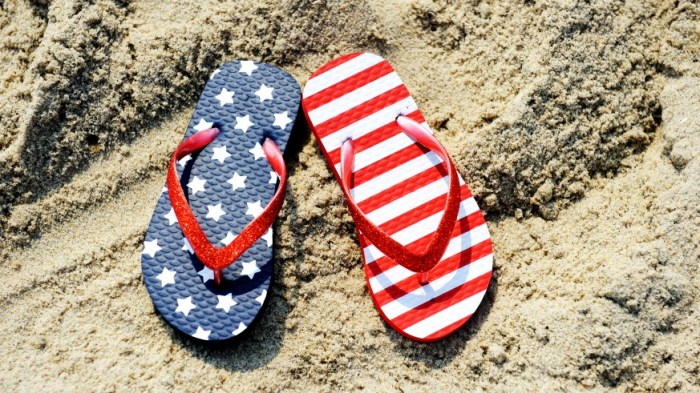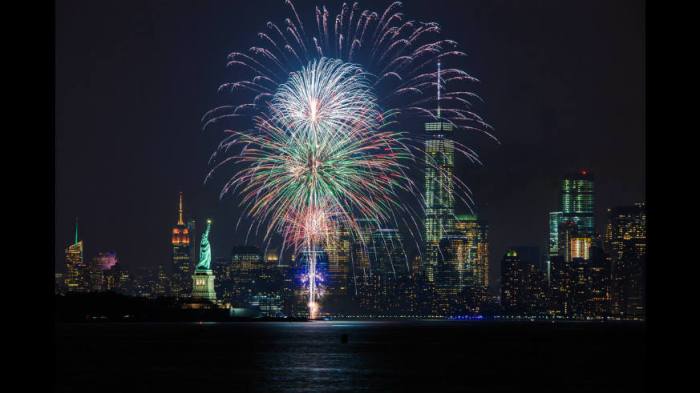It’s almost the holiday weekend, which means you probably have almost everything planned, like where you’ll watch the fireworks and what bathing suit you’ll don at the beach.
But what about your travel plans? Be warned: This year’s Independence Day is anticipated to have record-breaking travel times, according to AAA.
AAA estimates that 44.2 million Americans will travel more than 50 miles from their home during the Fourth of July weekend — that’s 1.25 million more travelers than last year, making this year the most traveled Independence Day weekend ever.
Massachusetts will also see a notable first, with more than 1 million Bay Staters expected to travel by car, according to AAA.
With about 1,155,000 Massachusetts residents expected to travel overall, that means a majority will be traveling via car, rather than transportation like the Cape Flyer.
“Strong employment, combined with rising incomes and higher consumer confidence bode well for the travel industry,” explained Mary Maguire, AAA Northeast director of public and legislative affairs, in a statement. “This historic number of travelers will add to an already bustling summer travel season.”
The good news is that gas prices in Massachusetts are at the lowest point for this date since 2005, according to AAA Northeast. Gas in the commonwealth dropped 1 cent this week, and the average price in the state for regular unleaded is $2.20 per gallon — 6 cents below the national average.
So when should you hit the road to ensure you’re spending less time in traffic and more time relaxing? Waze, the traffic and navigation app that lets users share real-time info, wants to help.
Waze looked at last year’s traffic data to determine what they say are the worst times to drive in Boston. Here are the hours that they advise you should avoid the roads:
Thursday, June 29: 3 to 5 p.m.
Friday, June 30: 2 to 4 p.m.
Saturday, July 1: 11 a.m. to 1 p.m.
Sunday, July 2: 11 a.m. to 1 p.m.
Monday, July 3: 11 a.m. to 1 p.m.
Tuesday, July 4: 3 to 5 p.m.
This data comes from 2016’s Fourth of July weekend as well as the four weeks before and after the holiday, said a spokesperson for Waze.
Traffic jams in the Boston area will also be up 55 percent on Saturday, July 1, but then decline 53 percent on Sunday, July 2, and 77 percent on Monday, July 3, according to the company.
From 10 a.m. to 11 p.m. on July Fourth, traffic will be three times higher than on a regular weekday.
If you want to avoid the highways all together, the MBTA is reminding travelers that there will be increased service on the T to handle holiday riders. Beginning at 2 p.m. on July Fourth, the lines will operate at rush-hour levels to bring riders to holiday events, and after 9:30 p.m., fares will not be collected on the subway, bus, commuter rail, ferry and the RIDE.

